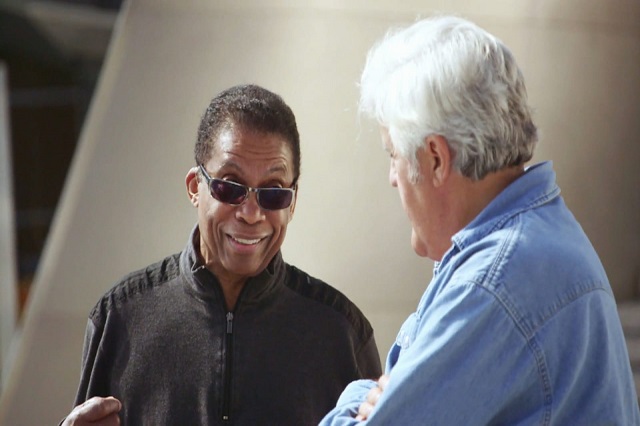Being a fan of Jazz music and not knowing Herbie Hancock would be something not acceptable. Herbie Hancock is one of the greatest jazz musicians of all time. And if you haven’t been to any jazz events recently you’re missing out, head over to CheapoTicketing.com and grab some tickets to a jazz event in your area and indulge yourself in a night out.
About Herbie Hancock
A pianist, keyboardist, bandleader, composer, and occasional actor from America is how you can define him. Herbie, who was born in Chicago in 1940, was a child pianist sensation who, at the age of 11, played a Mozart piano piece with the Chicago Symphony Orchestra. In high school, he started performing jazz, first inspired by Oscar Peterson and Bill Evans. His interest in electronics and science led him to double major in music and electrical engineering at Grinnell College, where he earned a bachelor’s degree in both fields.

Journey of his career
Trumpeter Donald Byrd’s band was where Hancock began his career. It wasn’t long after that that he joined the legendary Miles Davis Quintet, helping reshape the role of a rhythmic jazz line. He was also a key builder of the post-bop style. For his experiments in the 1970s, Hancock used various synthesizers and electrical instruments, including jazz fusion, funk, and electro.
“Maiden Voyage,” “Empyrean Isles,” and a “Speak Like a Child” was among Herbie’s Blue Note solo albums that gave a kick start to his solo career. Michelangelo Antonioni’s “Blow-Up”(1966) further helped him spark his successful career in feature film and television composition.
Forming of a new band
Herbie formed a new band called “The Headhunters” after leaving Davis and released’ Head Hunters’ in 1973. It was the first jazz album to hit million, thanks to the worldwide hit “Chameleon.” Herbie began performing for stadiums crowds worldwide by the middle of the decade, and he had no less than four albums on the pop charts at the same time. During the 1970s, Herbie had 11 albums on the charts.
Years of hip-hop and dance music musicians have drawn inspiration from his work from the 1970s and used it as a specimen source. It’s no surprise that in the 1970s, Herbie kept returning to acoustic jazz.
Some of Hancock’s best-known tunes are “Cantaloupe Island,” “Watermelon Man,” “Maiden Voyage,” and “Chameleon,” each of which is largely thought a jazz classic. Collaborating with bassist/producer Bill Laswell gave him a breakthrough single in the 1980s with the electronic composition “Rockit.” 2008 Grammy Award of the Year went to River’s River: The Joni Letters, a tribute to Joni Mitchell. It was the only jazz album after Getz/Gilberto in 1965 to receive the honor.
Achievements
Herbie Hancock has been honored with numerous awards for his achievement in various fields. He has received several Grammy Awards in multiple categories. Not to forget the memoir written by him and published named Herbie Hancock: Possibilities.

Present
It’s no doubt that Herbie Hancock’s profession extends beyond the performance space. Besides being a successful musician, he now serves as Institute Chairman of The Herbie Hancock Institute of Jazz. The institute is regarded as the most excellent international organization dedicated to growing jazz performance and education worldwide. Additionally, Hancock founded the International Committee for Artists for Peace and received the prestigious “Commander of Arts and Letters” award from French Prime Minister Francois Fillon.
Irina Bokova, the Director-General of UNESCO, designated Hancock as a Goodwill Ambassador in July 2011. Herbie Hancock is still at the heart of global culture, science, industry, and art in his late 60s of work career. No one knows where he’ll end up next, but he’ll leave his unique mark wherever he goes.

